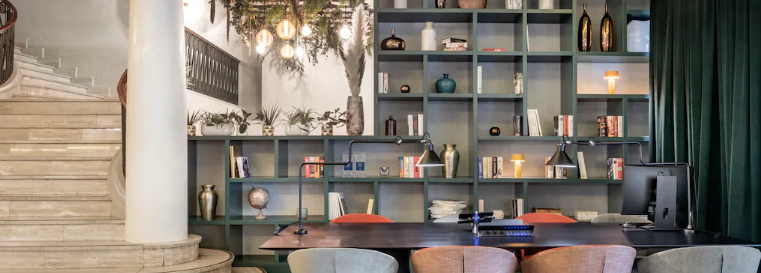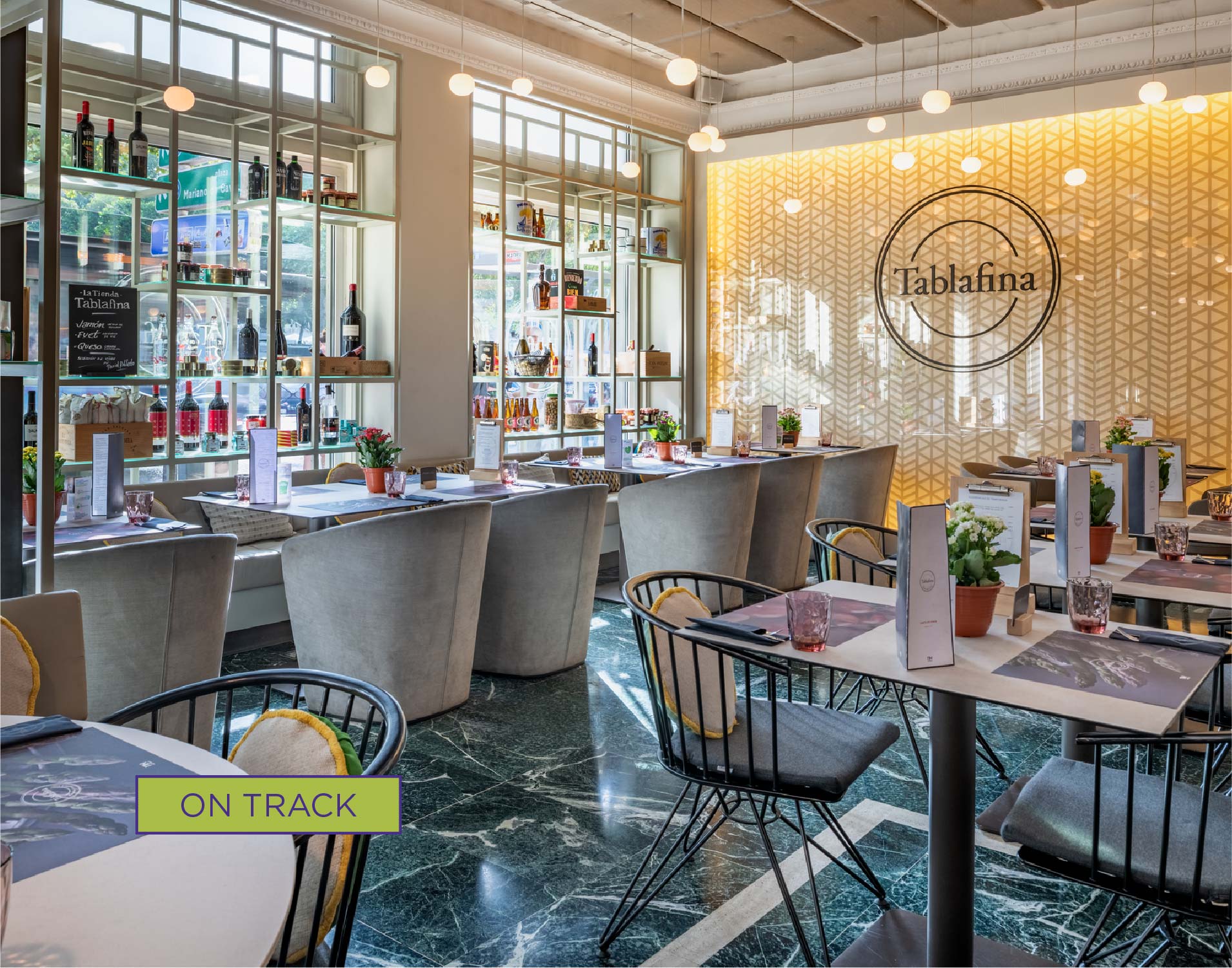«At the table we experience a process of civilization that is culture and has been so since Plato’s Symposium and the Last Supper onwards. Since primitive societies, the handling of food has not only responded to nutritional needs but has been part of an intellectual and fantastic cosmos where men and gods, sacred and profane, dead and living, meet, charging food with values that transcend its material nature». [1]
Tullio gregory

With these words the Italian philosopher and historian Tullio Gregory underlined, in a Lectio Magistralis held in Parma in 2009, the importance of the culinary art in the construction of the identity of a society and of its sense of civilization suggesting to regain that«heritage made of enogastronomic traditions which is an integral part of our history, recovering together the pleasure of the table, fundamental moment of a civil living». [2]

The experience of food, during its preparation before and its tasting after, in fact, triggers an emotional whirlwind that, involving nervous system and body, provides a stable and recognizable structure to our culture and our identity.

«When we smell we don’t just smell, when we taste we don’t just taste. We have memories. We suffer. We rejoice. We hope. We hate. We dialogue with the body as a whole, we claim, we observe […] and it is the brain, not our conscious reflection, that coordinates all these processes». (Holley 2009).
This sensory sublimation occurs especially when the space provides adequate support for such experiences by matching emotional expectations, or the expectations of users, with the actual sensations experienced once they enter a built environment.

Food, its scents, its link with the place and with tradition, are the axis around which the Lobby Alive concept revolves, born from NH Hotel Group’s desire to rethink common areas and transform them into meeting points and experiential spaces open to the entire city and not only to hotel guests.

NH Group’s Director of Quality, Cesar Perez Rodriguez, explained to Davide Ruzzon, Director of Tuned-Lombardini22, how it was possible to improve the quality of their guests’ experience and at the same time increase the company’s turnover through the creation of spaces strongly characterized by the enogastronomic atmosphere.

Davide Ruzzon: What goals did you follow to create Lobby Alive, so that this space would be able to receive and respond to the needs of users?
Cesar Perez Rodriguez: The company has a constant concern in improving the customer experience through all the services we offer. We had hotels with wonderful but underutilized lobbies, and after an analysis of the type of customers and their relationship needs within the hotel, a concept emerged that allows the customer to enjoy the common areas of the hotel in different versions: a work area, a relaxation area with a fireplace, a drinking area, a lunch or dinner area and even a space to interact with colleagues outside the home in a comfortable way. The main goal is to make people feel welcomed as if they were at home.

DR: How was the dining experience first studied, and then developed, in this architectural concept?
CPR: The company has made great efforts to reclaim the gastronomic prestige of hotels in recent years by innovating through new concepts in their spaces. “Tablafina”, which is also found in Lobby Alive, is an example of how to take into account the needs of the customer through the total enjoyment of common spaces. This is not only about seeking greater physical comfort but also sensory comfort, and food and beverages help with this. Customers can feel at home not only in their room, but also in the hotel’s common spaces, which are comfortable, modern, warm, flexible and constantly evolving.

The emotional relationship that results, therefore, allows the guest to establish throughout his stay a lasting emotional bond with the place where he is, making his experience even more memorable.

«As much in food as in wine, the search for abundance is part of the history of taste and reflects the tensions and desires of a society, especially the desire to overcome any limit imposed by the human condition itself». [3]
tullio gregory

Bibliography
Coricelli 2021 – Carol Coricelli, Sofia Erica Rossi, Guida per cervelli affamati. Perché da bambini odiamo le verdure e altri misteri neurogastronomici che ci rendono umani, Il Saggiatore, Milano 2021;
D’Errico 2021 – Anna D’Errico, Profumo di niente. Perdere l’olfatto e riscoprire i propri sensi, Codice Edizioni, Torino 2021;
Gregory 2021 – Tullio Gregory, (a cura di Gianni Moriani), L’eros gastronomico. Elogio dell’identitaria cucina tradizionale, contro l’anonima cucina creativa, Editori Laterza, Roma-Bari 2021;
Holley 2009 – Andrè Holley, Il cervello goloso, Bollati Boringhieri, Torino 2009.
[1] Tullio Gregory, Per una fenomenologia del gusto, Lectio magistralis, Parma 2009.
[2] Ivi.
[3] Ivi.
By Antonio Sorrentino

